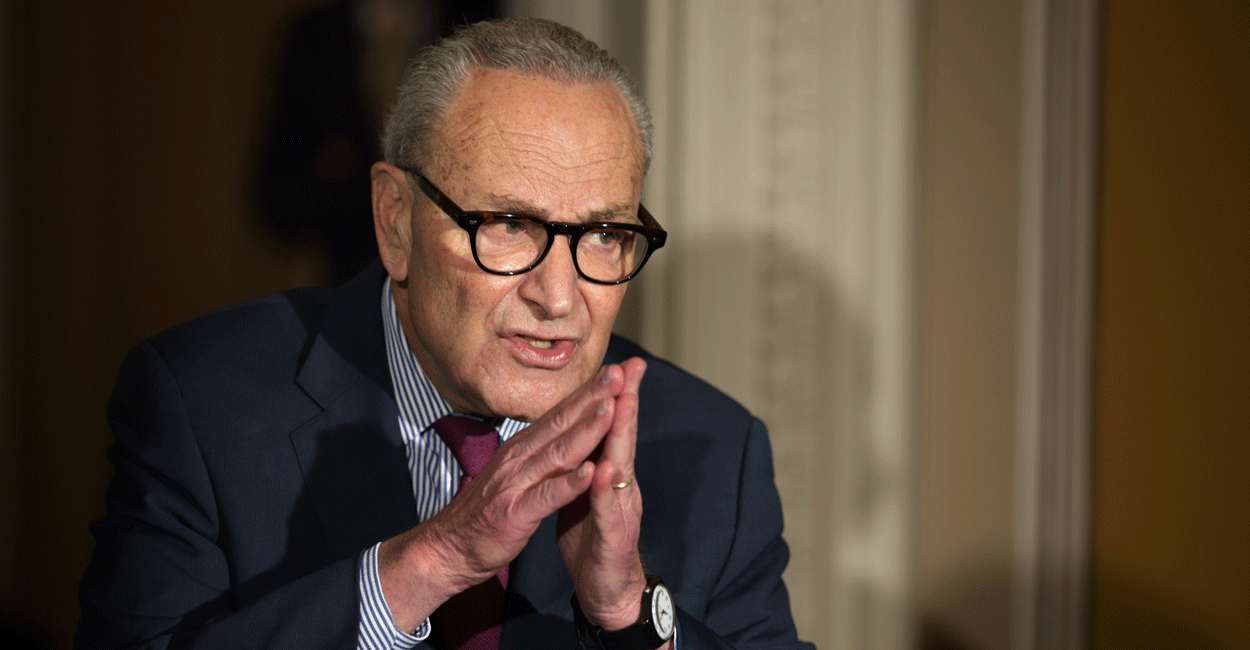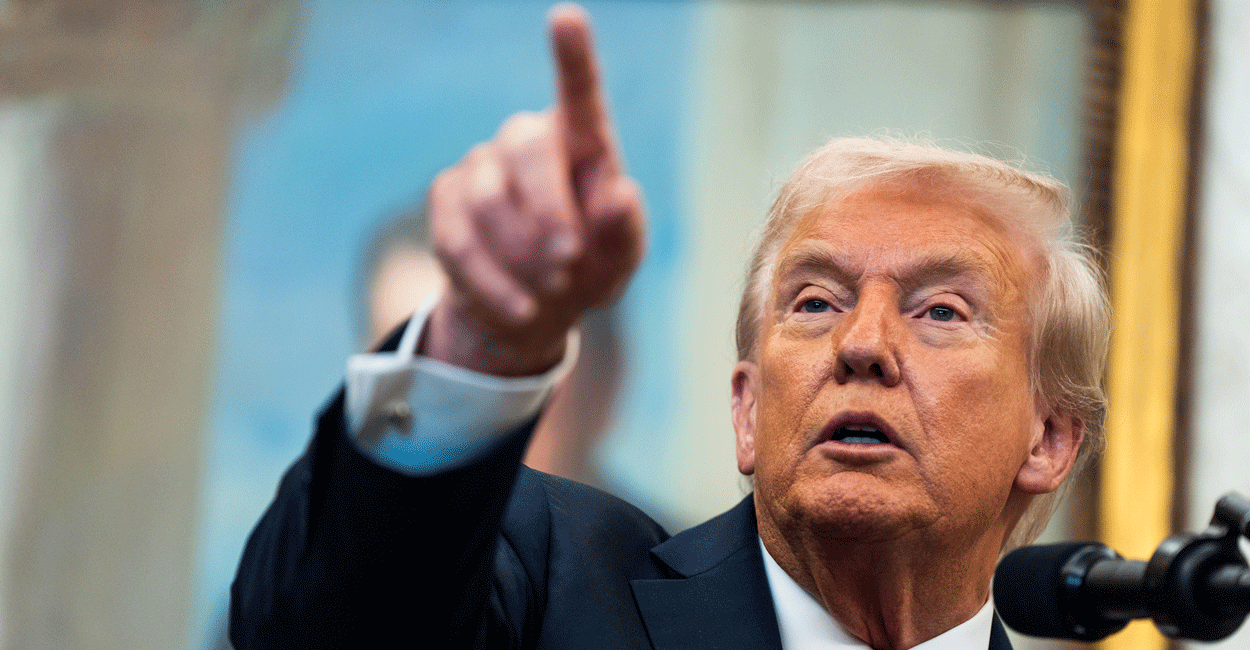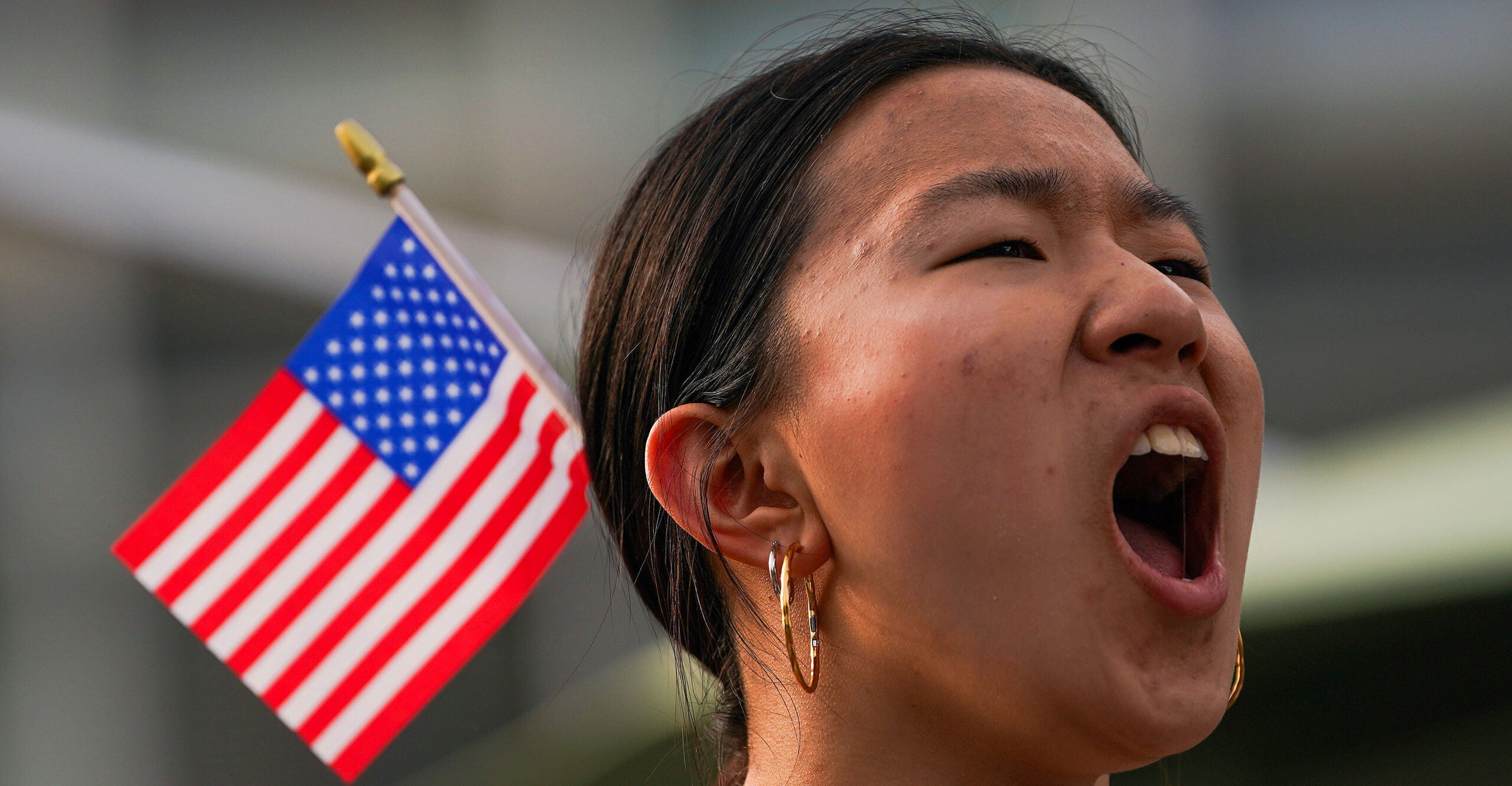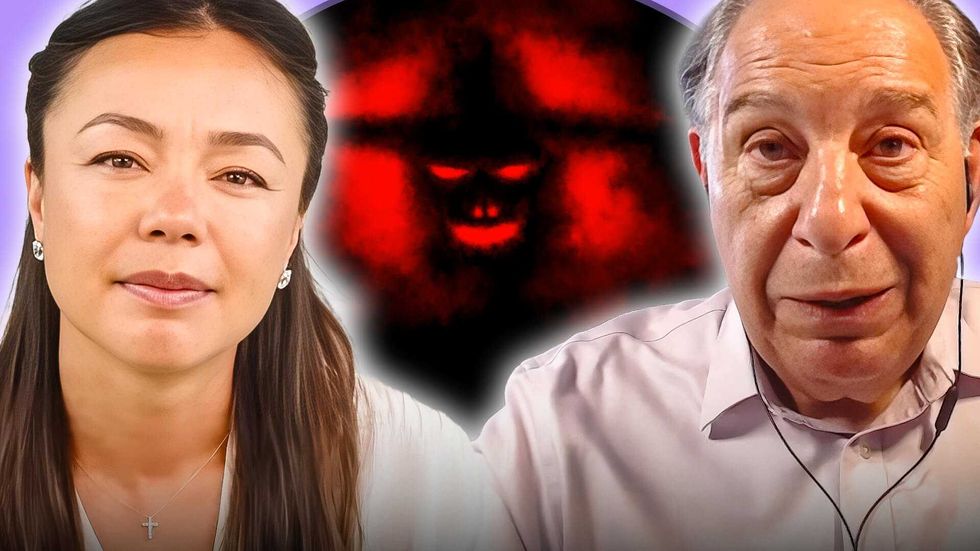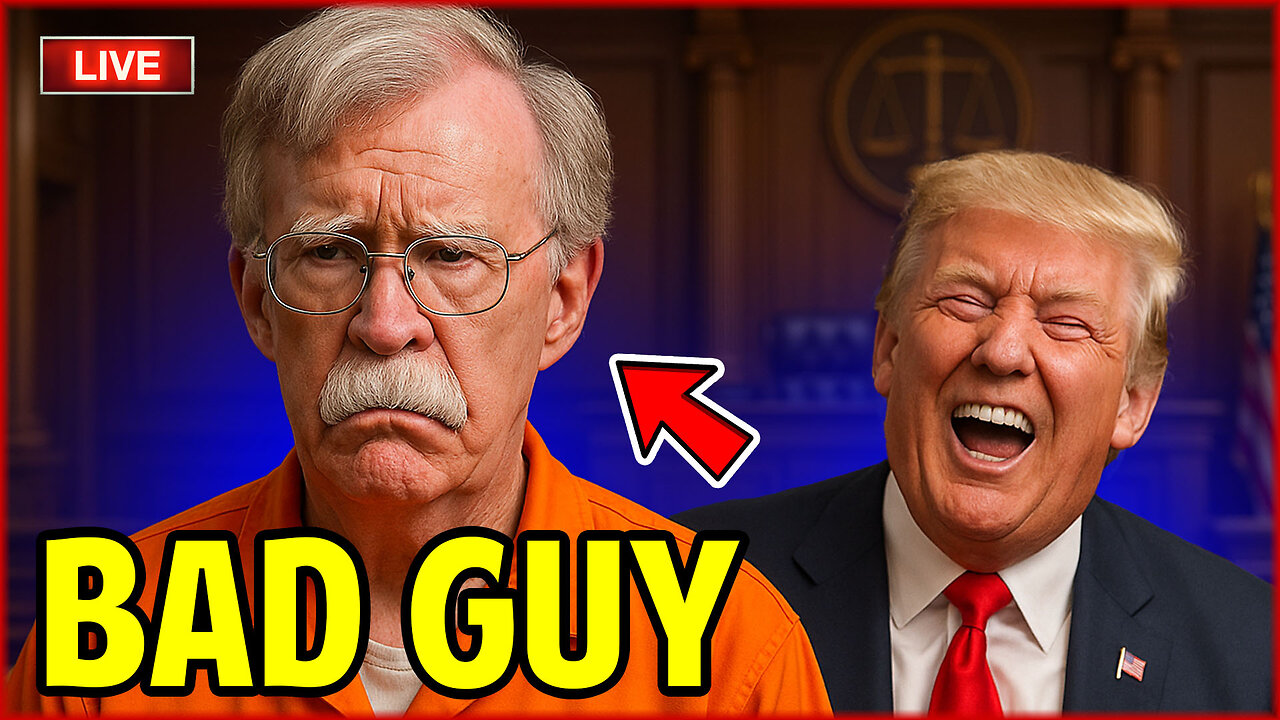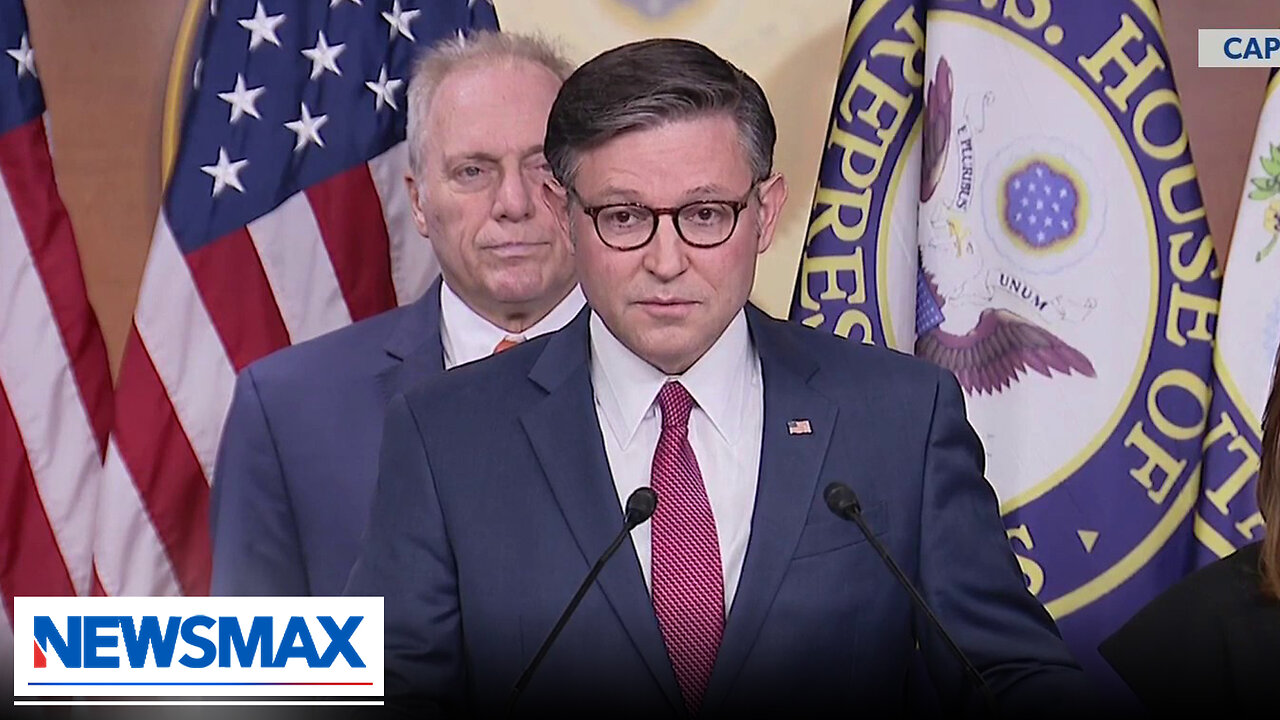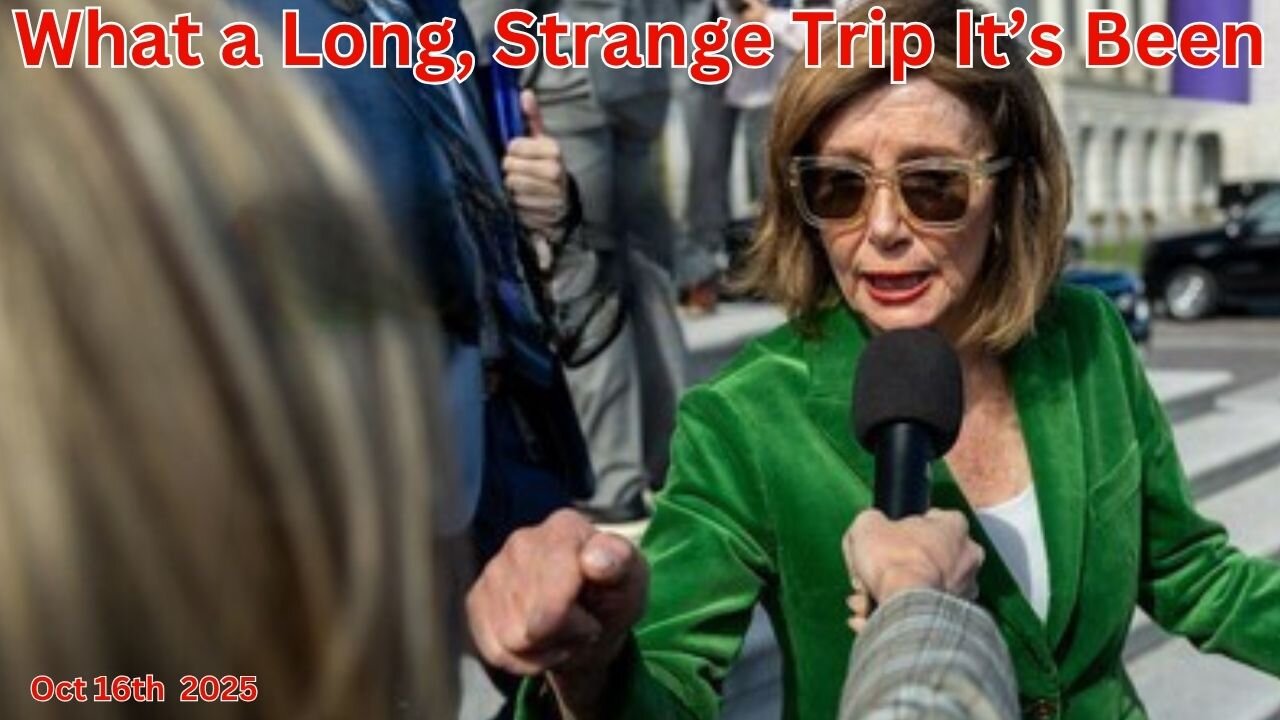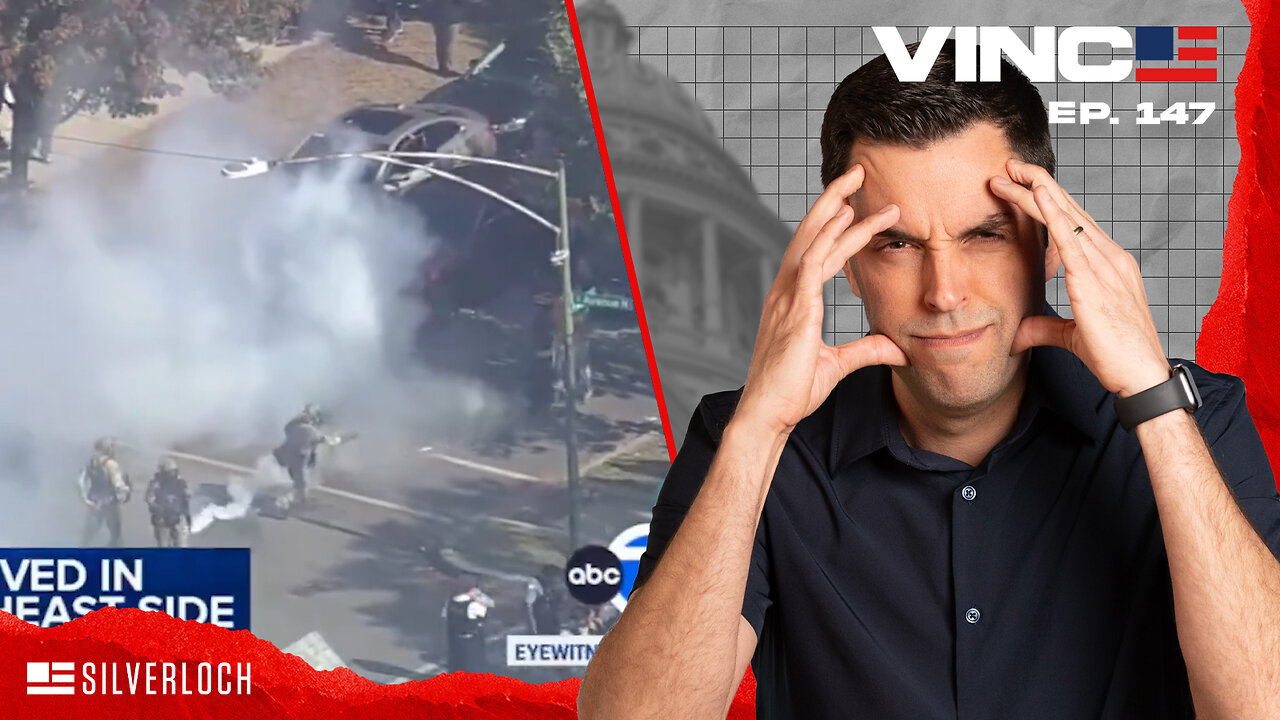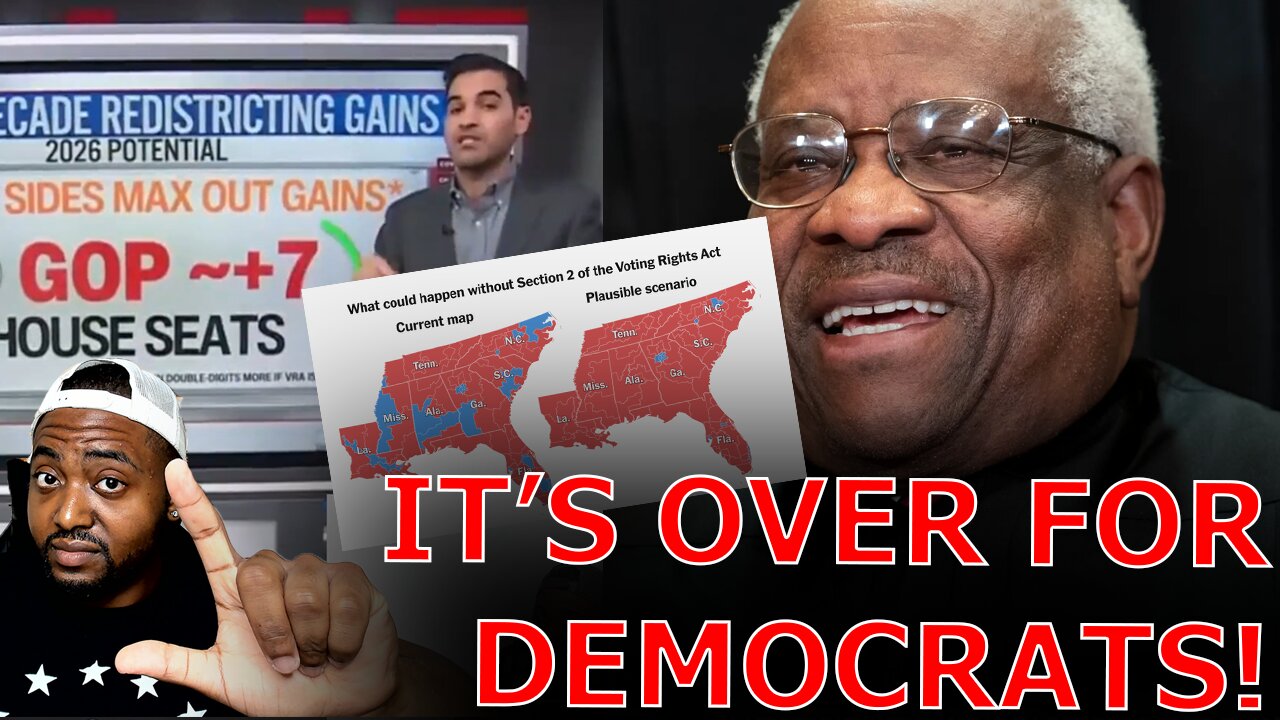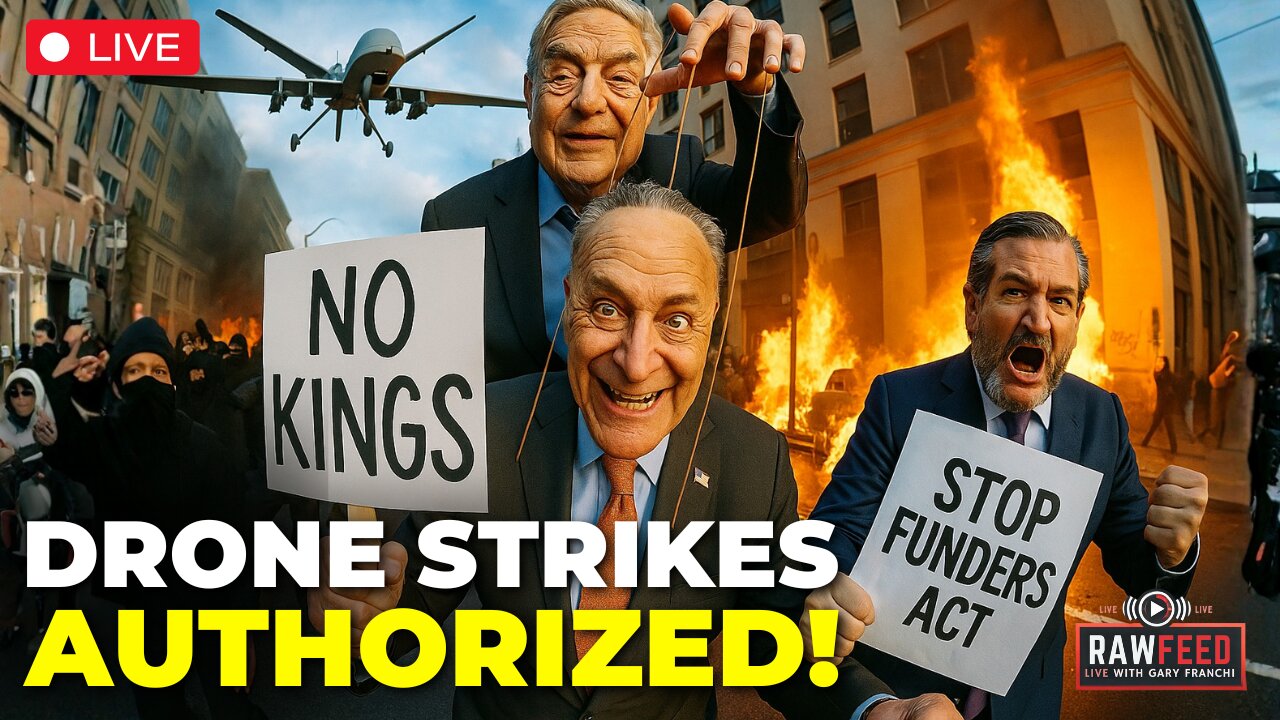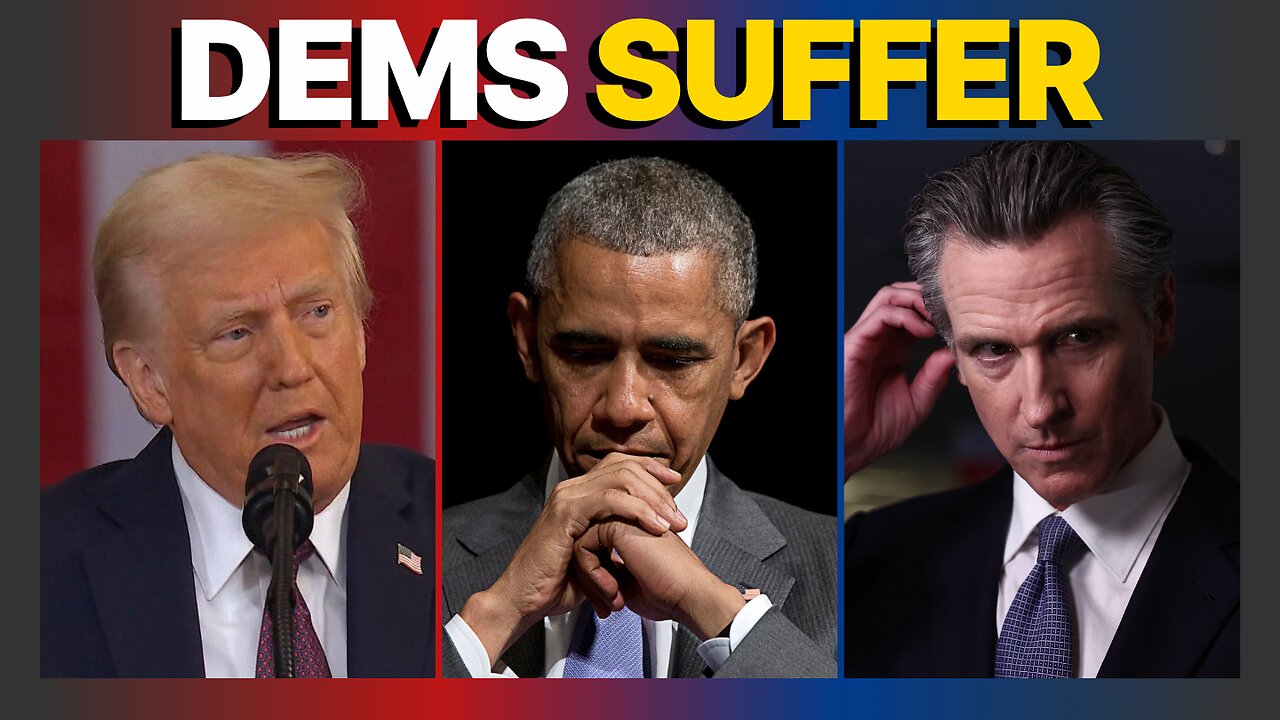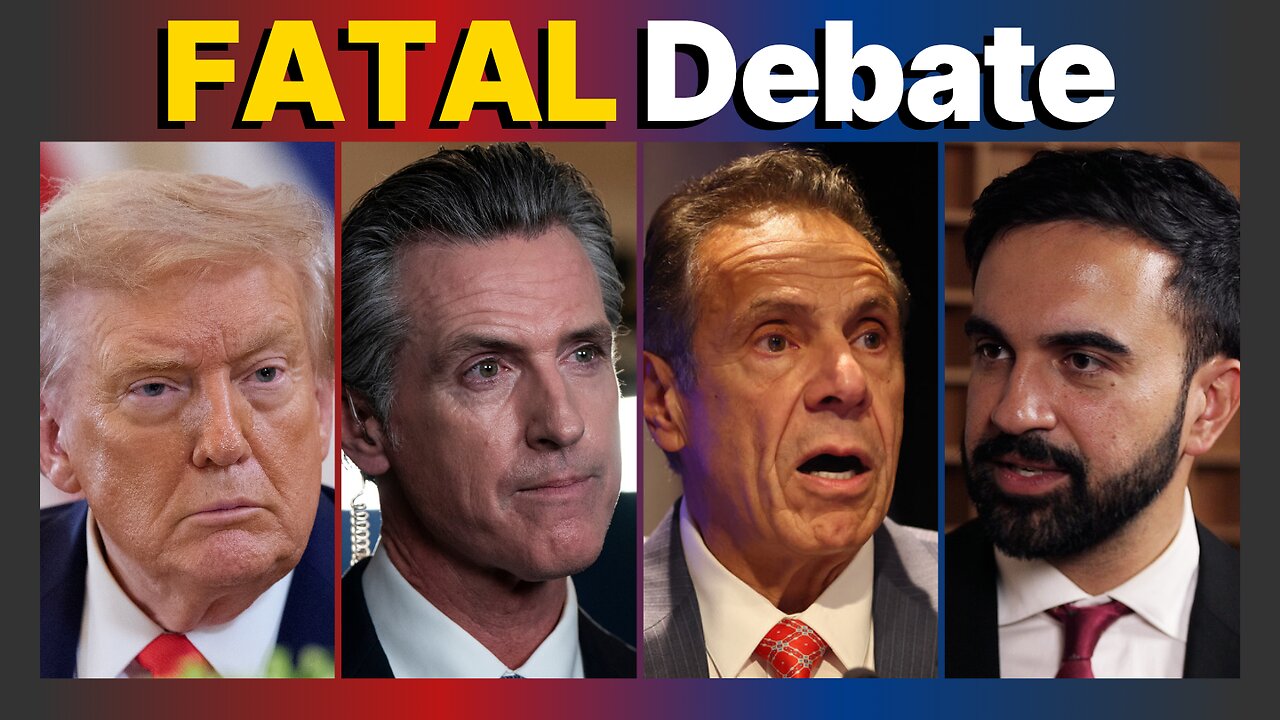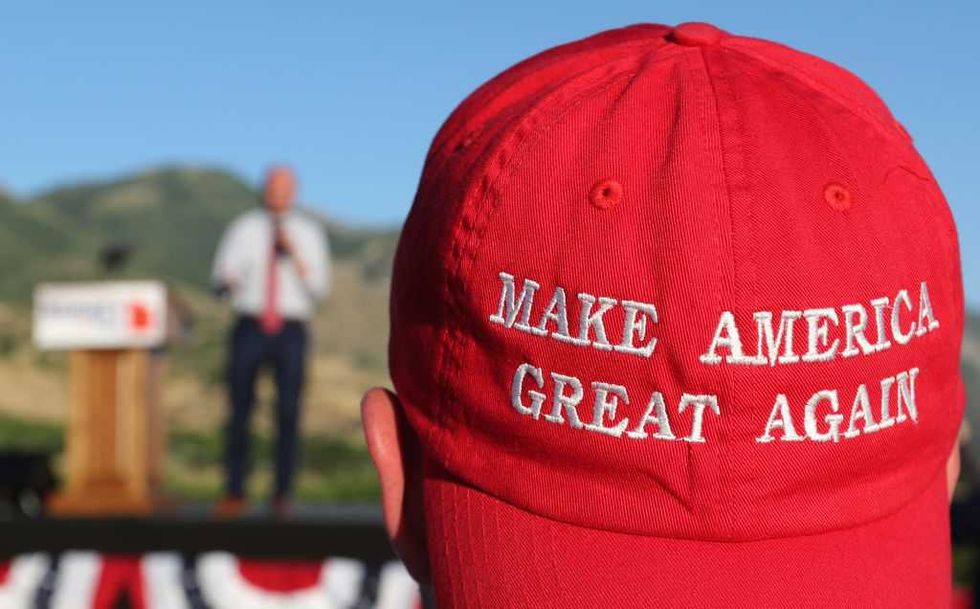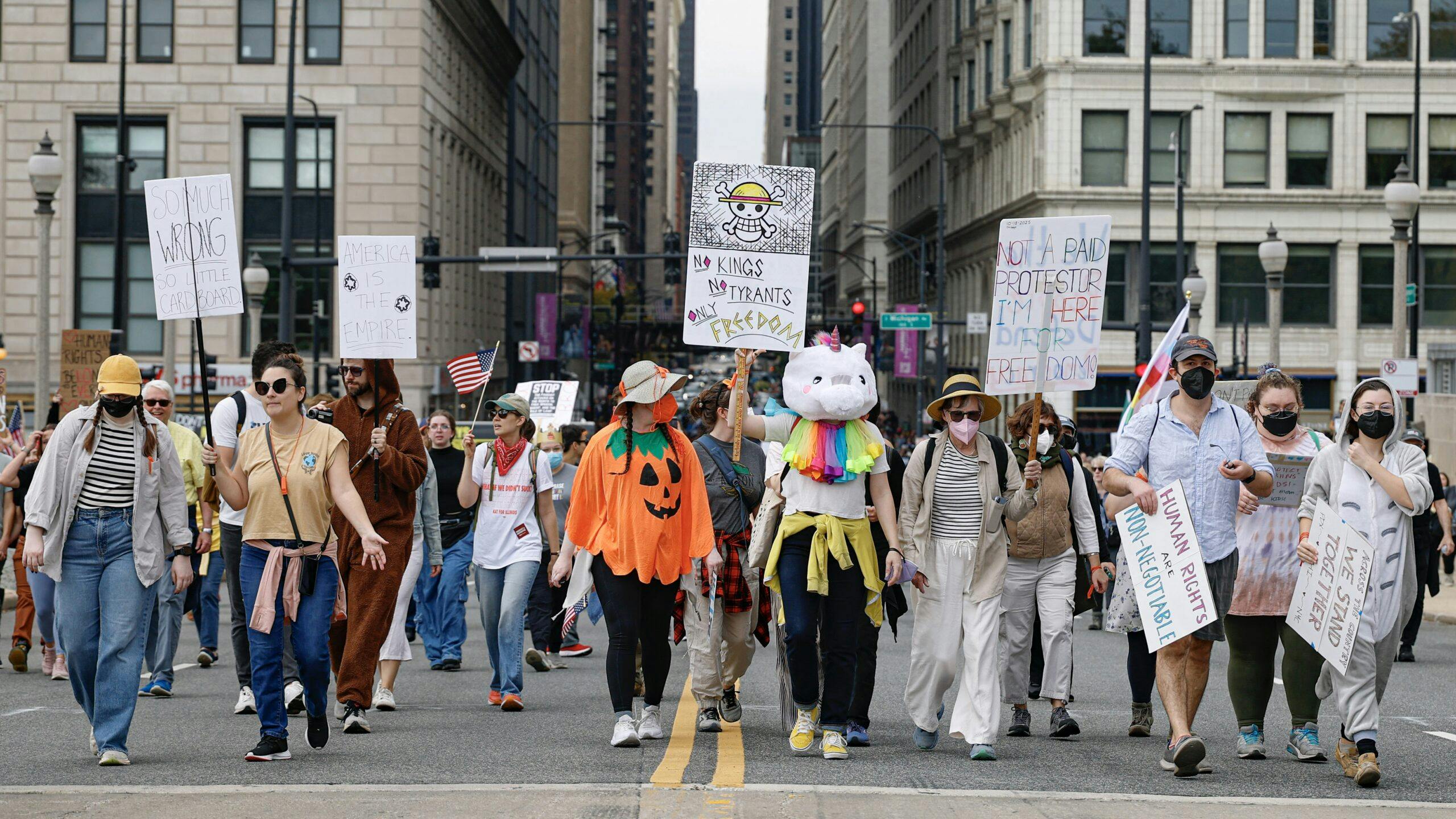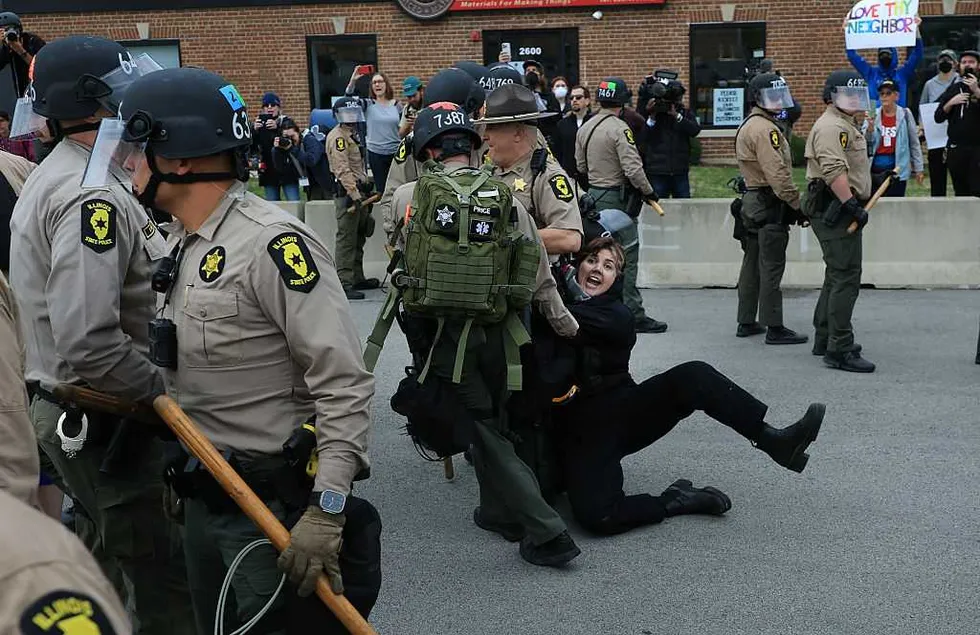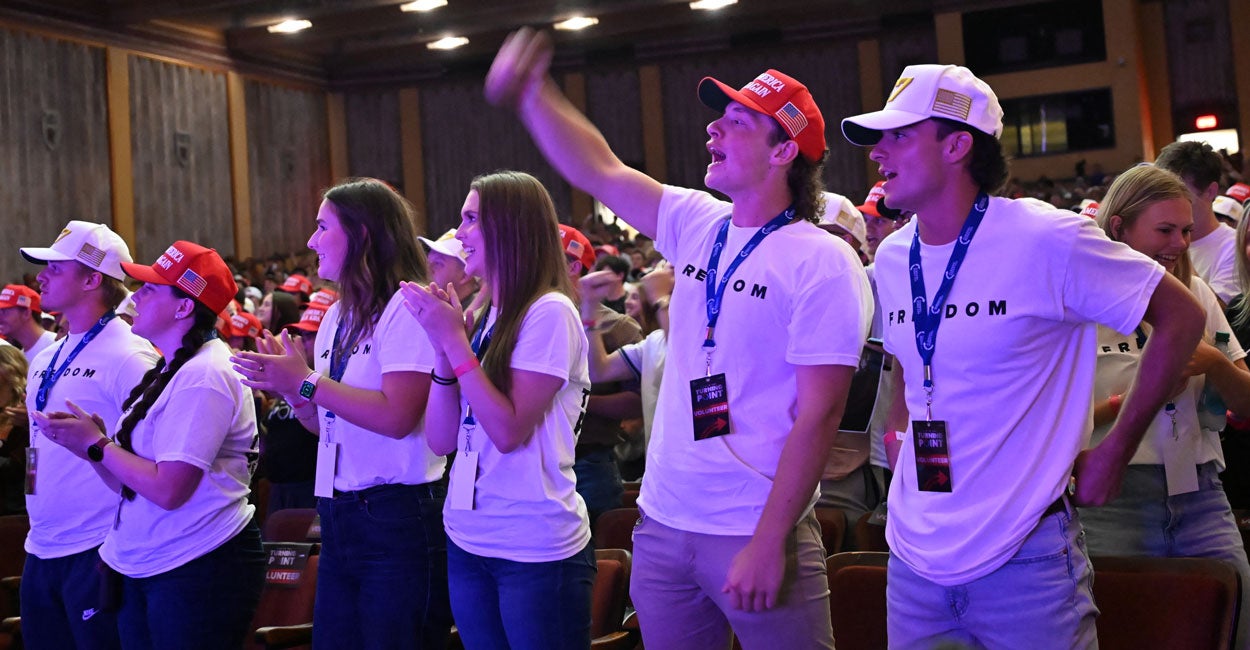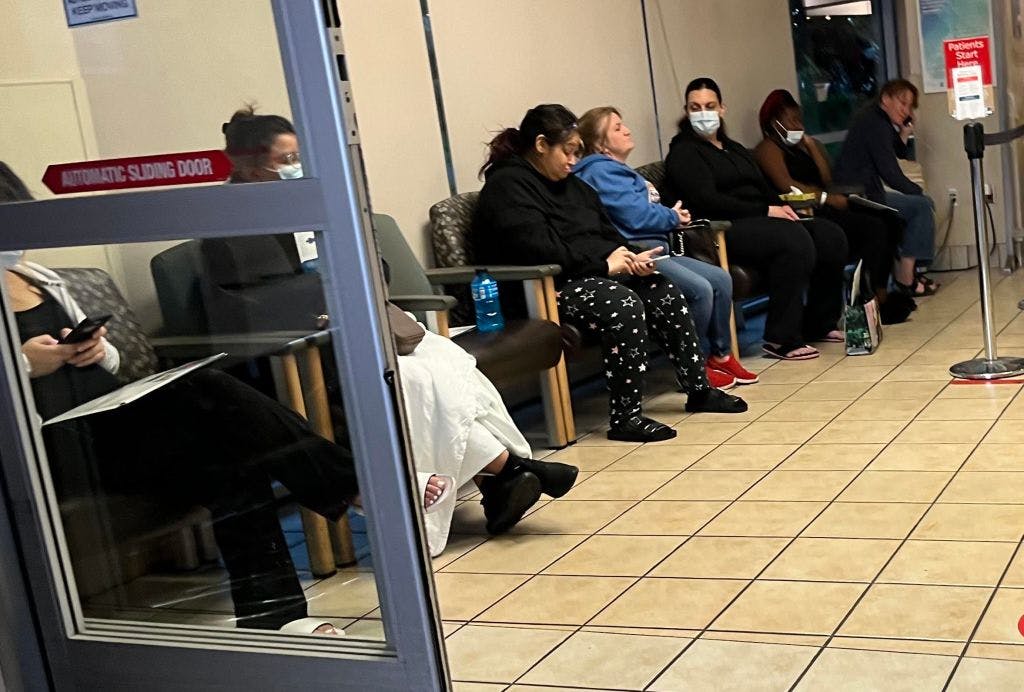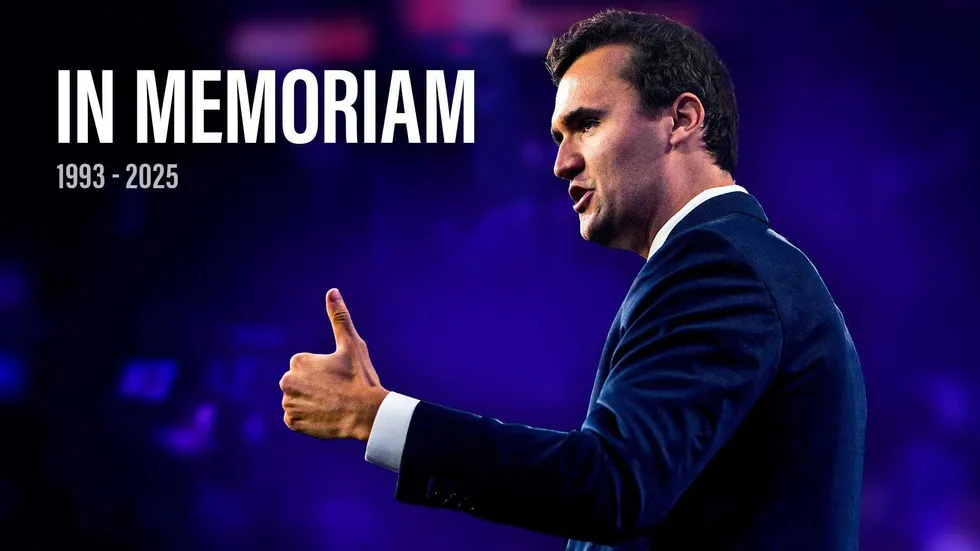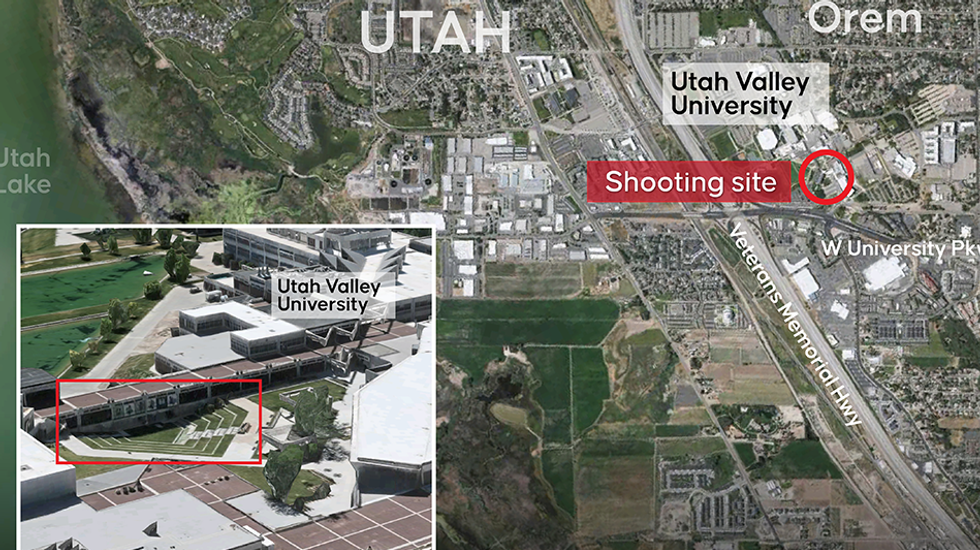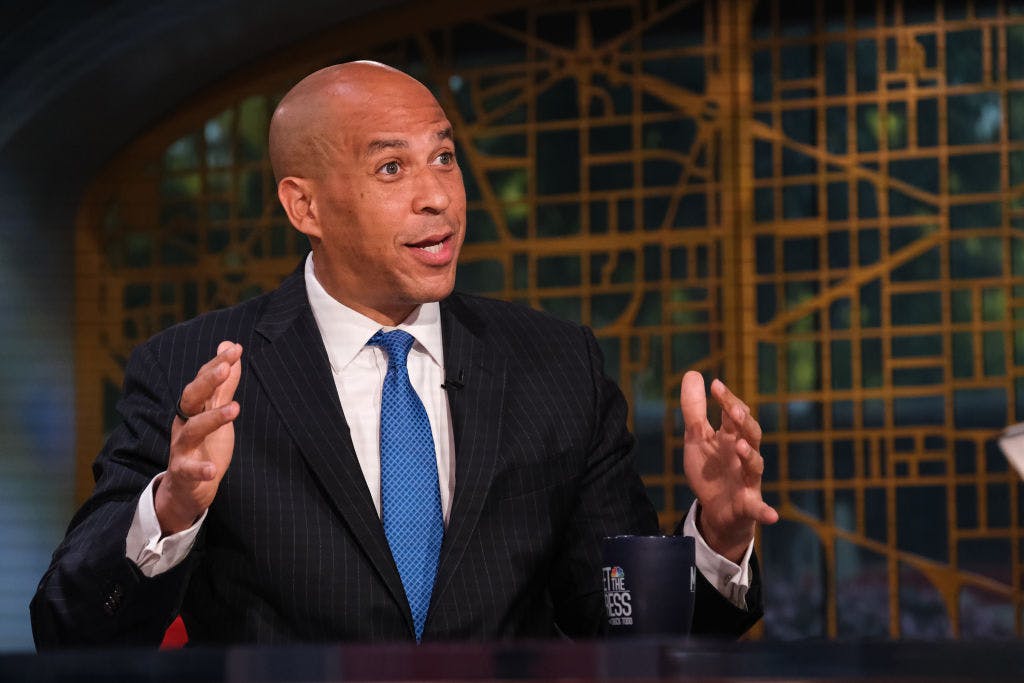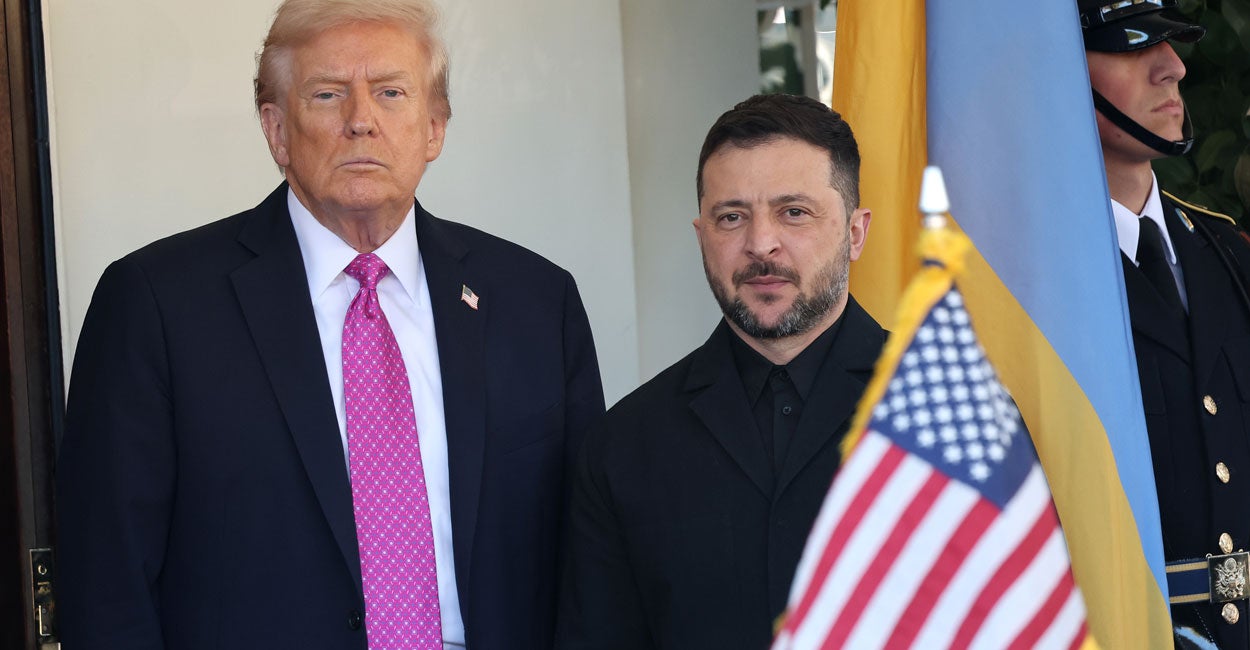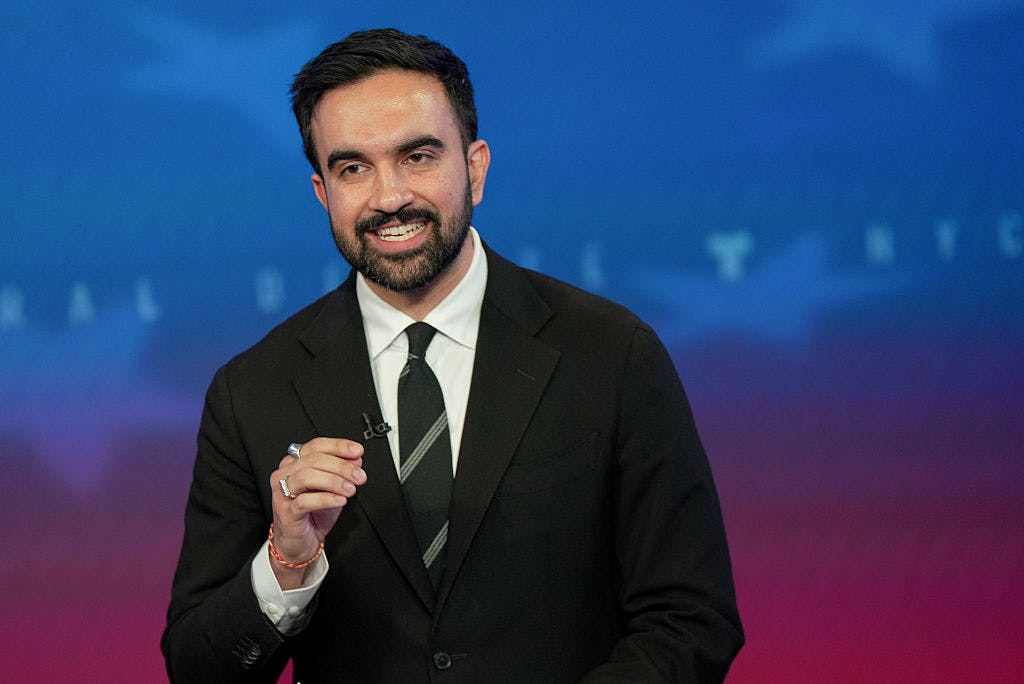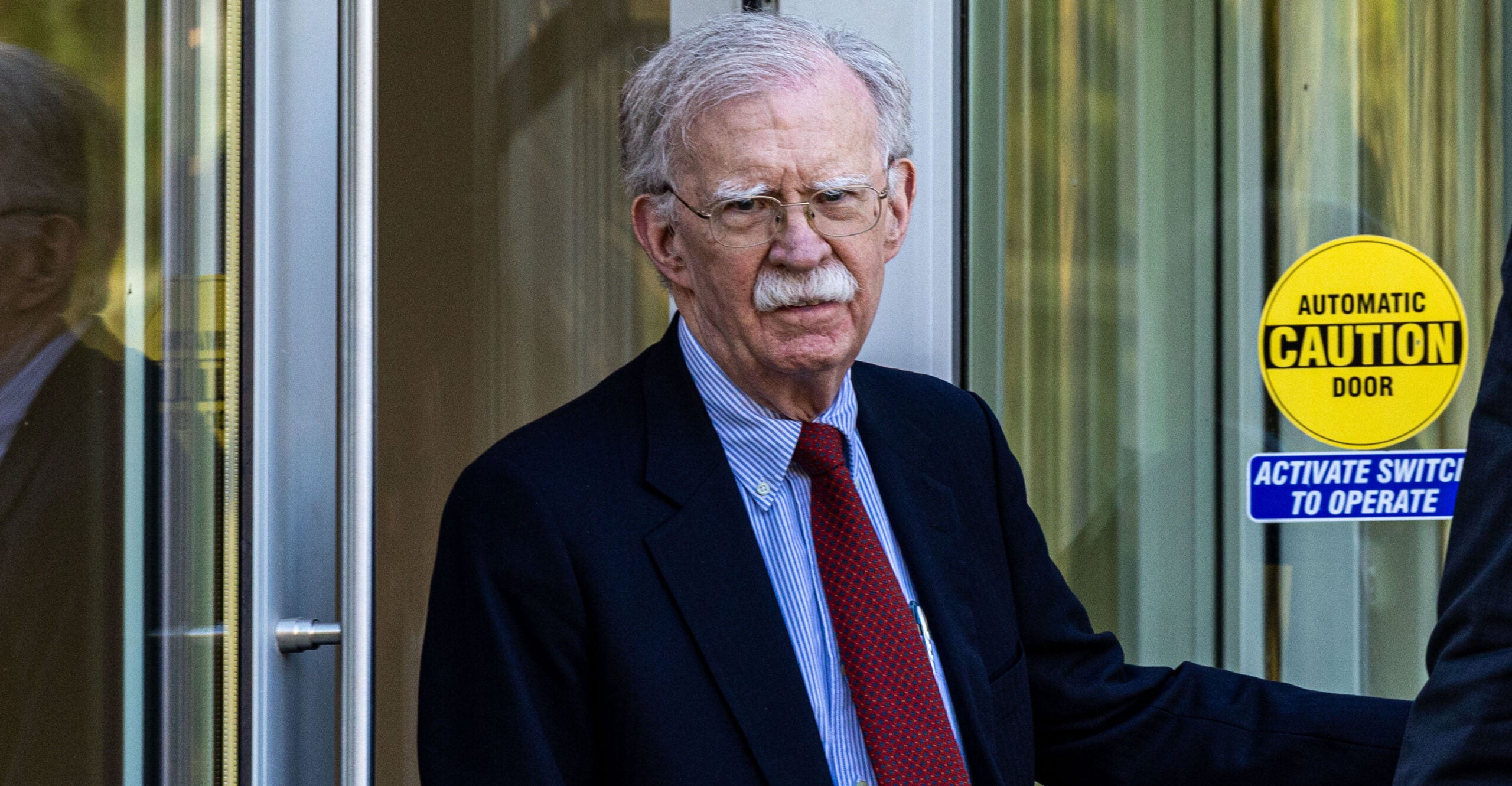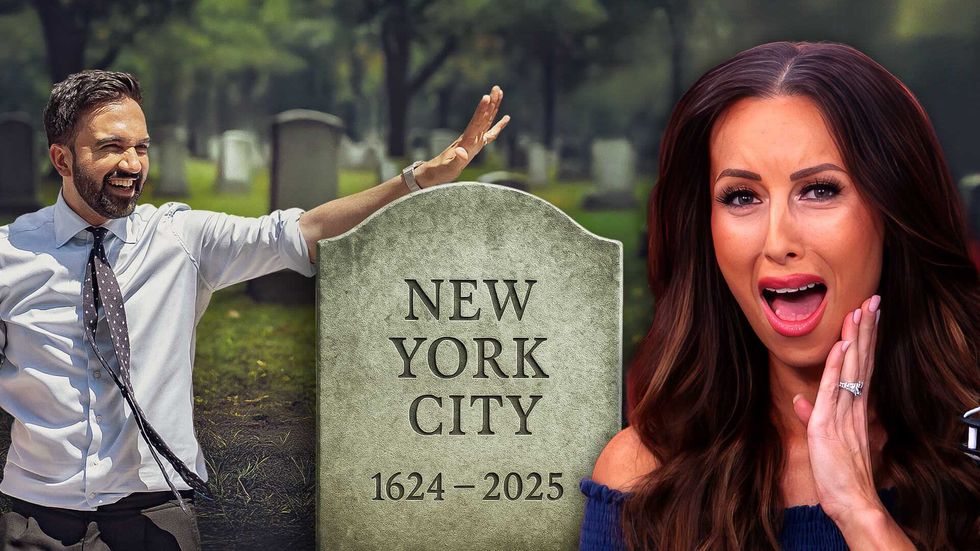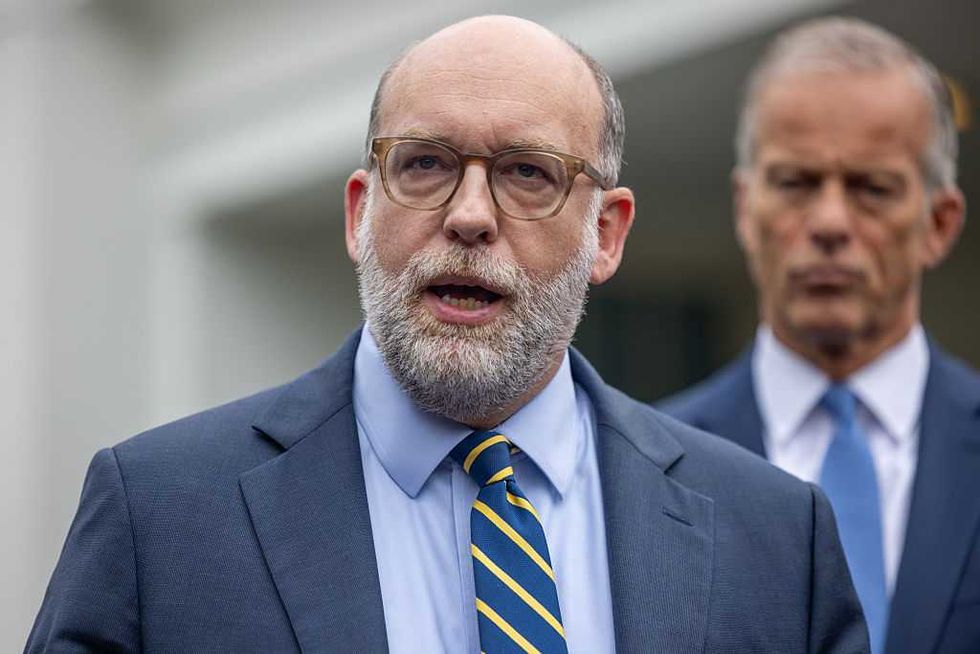6 Things to Know About the Judge Blocking Trump’s Election Integrity Order
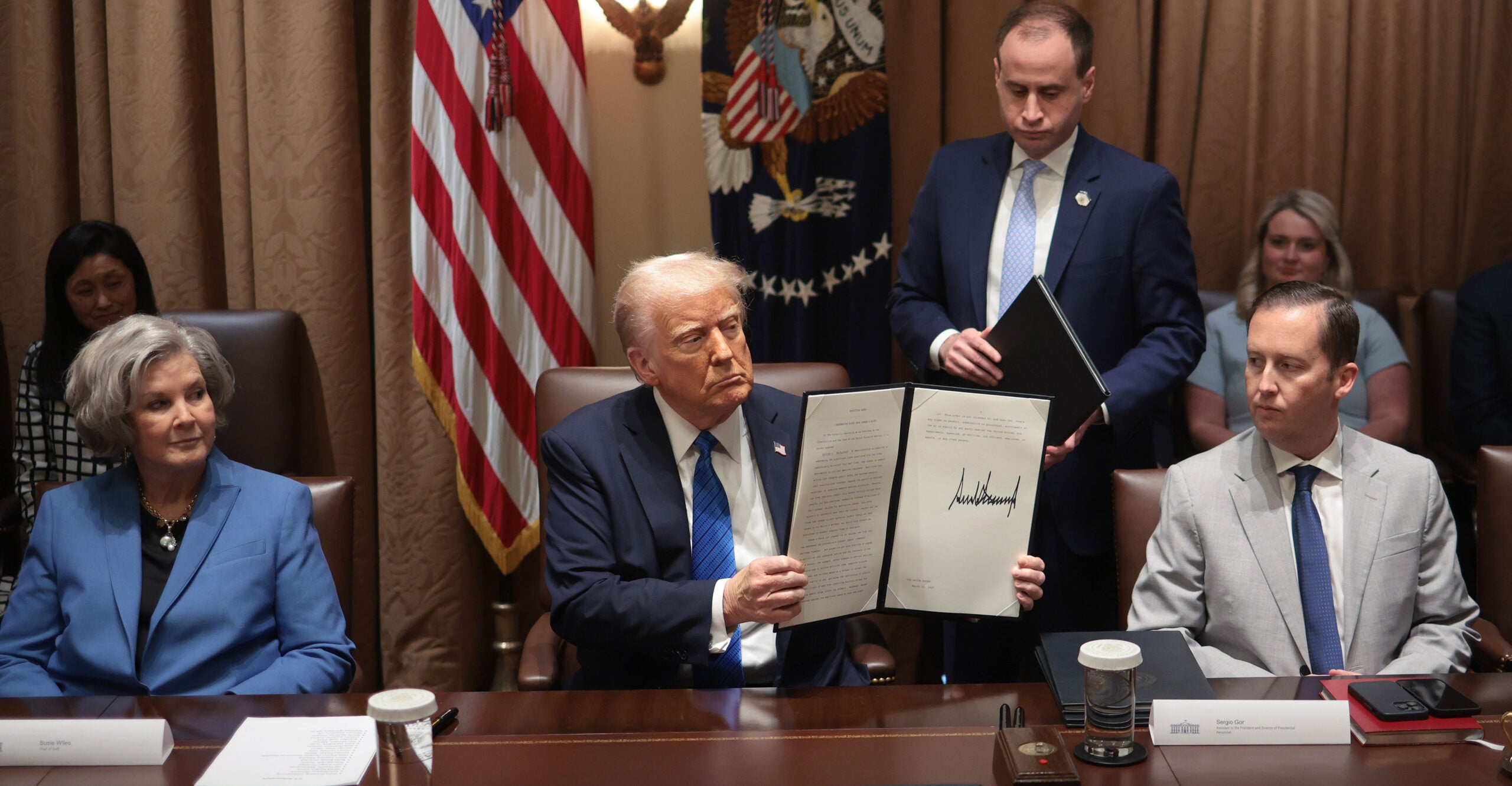
U.S. District Judge Colleen Kollar-Kotelly blocked part of President Donald Trump’s executive order on election integrity.
Kollar-Kotelly, who was appointed to the District Court for the District of Columbia by President Bill Clinton in 1997, has a history of left-leaning decisions on free speech, transgender policy, terrorist detention, and more recently, the Department of Government Efficiency, or DOGE.
The Democratic National Committee and left-leaning nonprofit groups sued to block the implementation of the order. Kollar-Kotelly granted the plaintiffs’ request for a temporary injunction and noted they are likely to prevail.
“Our Constitution entrusts Congress and the states —not the president–with the authority to regulate federal elections,” Kollar-Kotelly wrote in the opinion. “Consistent with that allocation of power, Congress is currently debating legislation that would effect many of the changes the president purports to order. And no statutory delegation of authority to the executive ranch permits the president to short-circuit Congress’s deliberative process by executive order.”
The judge blocked provisions in the executive order to add documentary proof of citizenship to the standardized national voter registration form. She also blocked the portion of the order that requires federal agencies to assess citizenship before providing a federal voter registration form to people receiving public assistance.
Trump’s order adds citizenship scrutiny to the national mail voter registration form, withholds federal grants from states that count mail ballots arriving after Election Day, gives states more access to a federal database to better verify voter registration lists, and directs the Justice Department to prioritize enforcing voting laws.
Trump’s order addressing voter registration lists is significant.
As noted in my book, “The Myth of Voter Suppression,” states and localities across the United States have failed to update their voter registration lists to eliminate dead people, people who have moved, or people who are not citizens. Failing to update the voter rolls is a violation of the 1993 National Voter Registration Act.
The Democratic National Committee and left-leaning nonprofit groups sued to block the order from being implemented, claiming it would cause voter suppression.
Here are six things to know about Kollar-Kotelly.
1. Blocking DOGE’s Work
In February, Kollar-Kotelly temporarily blocked DOGE from gaining access to the Treasury Department’s payment records.
As part of investigating waste, fraud, and abuse in the federal government, DOGE sought access to the Treasury Department’s Bureau of Fiscal Service that handles about 90% of all federal payments.
Several government employee unions sued claiming that DOGE head Elon Musk, the owner of Tesla, SpaceX, and the social media platform X, should not have access to the information because he is not a full-time federal employee.
2. Her First Trump Election Integrity Case
In 2017, Trump established an Election Integrity Advisory Commission, which sought certain public state voter data.
Vice President Mike Pence was the chairman of the commission and Kansas Secretary of State Kris Kobach was the vice chairman. Trump appointed 15 other members.
The Electronic Privacy Information Center sued to get a preliminary injunction and a temporary restraining order enjoining the commission from collecting voter roll data.
The judge in July 2017 determined that the nonprofit had standing to sue over the commission’s alleged failure to publish a privacy impact assessment.
However, Kollar-Kotelly denied EPIC’s request for a temporary injunction. She determined that the Administrative Procedures Act only applies to federal agencies, not advisory committees. She ruled that if “powers of the commission expand beyond those of a purely advisory body—this determination may need to be revisited.”
In her ruling, the judge faulted the commission for only releasing an agenda, and not releasing 381-pages of information in a binder for the commission members. However, all of the information was public and available online.
3. Five Years for Pro-Life Activist
Last year, Kollar-Kotelly sentenced a pro-life activist to 57 months in prison after she was convicted of violating the FACE Act for praying near a District of Columbia abortion clinic.
However, after taking office, Trump pardoned Lauren Handy, a 75-year-old Catholic woman.
“I would suggest that, in terms of your religion, that one of the tenets is that you should make the effort during this period of time, when it may be difficult in terms of for your husband, to make every effort to remain alive, to do the things that you need to do to survive, because that’s part of the tenets of your religion,” Kollar-Kotelly said during the sentencing.
The FACE Act stands for Freedom of Access to Clinic Entrances, a 1994 law that supposedly protects both abortion clinics and pregnancy resource centers. However, the Biden administration’s Justice Department heavily enforced against pro-lifers since the June 2022 overturning of Roe v. Wade.
4. Transgender Military Service
In October 2017, the judge blocked Trump’s directive to prevent transgender military service.
Trump directed the Department of Defense to prevent the Obama administration’s June 2016 plan to allow transgender individuals to serve openly in the military.
Federal judges in Maryland and Washington state made similar rulings.
5. Gitmo Detainee
In September 2009, Kollar-Kotelly ordered the release of Kuwaiti-national Fouad Mahmoud al-Rabiah, who was being detained at Guantanamo Bay.
This came after he was held in prison for seven years. The judge ruled that federal prosecutors didn’t have enough evidence to keep al-Rabiah detained.
Al-Rabiah was a Kuwait Airways engineer. He was captured in Afghanistan and accused of assisting al Qaeda and Osama bin Laden, and with assisting the Taliban fighters in Tora Bora.
His lawyer argued he was captured based on mistaken identity and Kollar-Kotelly found that he had no ties to terrorism.
6. Sounding Off on Trump’s Jan. 6 Pardons
Kollar-Kotelly was among the D.C. judges who presided over cases regarding defendants in the events of Jan. 6, 2021.
After Trump pardoned all of the defendants, Kollar-Kotelly let her disagreement be known in January.
“Dismissal of charges, pardons after convictions, and commutations of sentences will not change the truth of what happened on January 6, 2021,” Kollar-Kotelly wrote.
She wrote “thousands of contemporaneous videos, transcripts of trials, jury verdicts, and judicial opinions analyzing and recounting the evidence through a neutral lens” preserve the events.
She continued:
Those records are immutable and represent the truth, no matter how the events of January 6 are described by those charged or their allies. What role law enforcement played that day and the heroism of each officer who responded also cannot be altered or ignored.
Standing with bear spray streaming down their faces, those officers carried out their duty to protect
The post 6 Things to Know About the Judge Blocking Trump’s Election Integrity Order appeared first on The Daily Signal.
Originally Published at Daily Wire, Daily Signal, or The Blaze
What's Your Reaction?
 Like
0
Like
0
 Dislike
0
Dislike
0
 Love
0
Love
0
 Funny
0
Funny
0
 Angry
0
Angry
0
 Sad
0
Sad
0
 Wow
0
Wow
0
